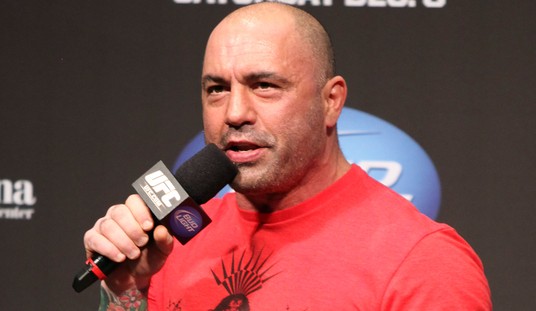When I served as a White House health advisor, I invited a group of large employers to come describe the challenges company health plans faced. The top complaint? An obscure type of middleman that’s part of every health plan — the pharmacy benefit manager (PBM). The PBM industry, with only three giant companies controlling almost 80 percent of the market, offers a seemingly simple value proposition: if you’re an employer or an insurance carrier serving individuals or businesses, hire the PBM to help you get volume discounts on prescription drug makers.
Sounds great! But, what if these middlemen pocketed much of the savings instead of passing them on to employers? What if they only allowed patients access to products that delivered the biggest kickback to the PBM, instead of cheaper and equally effective drugs? What if they merged with insurers administering employer plans, instead of having to compete for their business? What if the newly merged PBM/insurer refused to allow employers to hire a different PBM or specialty or mail-order pharmacy other than the one their insurer owns? What if PBMs sued the federal government to block a regulation that would have required them to disclose to employers the size of their kickbacks?
In a July 12, 2022, piece published in the Wall Street Journal, my former White House colleagues Joe Grogan and Casey Mulligan (now consultants for PBMs) expressed bewilderment about bipartisan opposition to these corrupt business practices. Perhaps opposition arises because, if giant companies needed White House help in beating back PBM predations driving up health costs, what possible chance do smaller employers have, struggling to meet payroll in our inflationary economy? Washington health policy “experts” rarely have experience building health plans out in the real world, and too often make decisions on the basis of which industry group drafts the most compelling talking points.
Recommended
Outside the Beltway, there’s an insurgency of fed-up employers fighting back against the health care industry’s plunder of Main Street. They’re partnering with independent advisors who help vet PBMs and negotiate PBM contracts. One story close to my heart is that of a group of Catholic nuns, who faced double-digit rate hikes on their insurance plan every year for a decade, largely driven by a few high-cost medications. Their insurance company, of course, exclusively partnered with one of the big three PBMs. Once they switched to a transparent PBM that does not take kickbacks from drug makers, the sisters saved 32 percent on their health costs, while reducing their $4,000 annual deductibles to zero.
Matheny Motors, a chain of auto dealerships in the Rust Belt, fired their carrier and Big-3 PBM and saved 37 percent in two years, with the help of independent benefits advisor Bryce Heinbaugh. According to Rachel Means, the San Antonio Independent School District she advises fired its Big-3 PBM and has saved $2.5 million each year, with teachers and their families paying zero out of pocket for medications. Caterpillar, Inc. fired its PBM years ago, directly contracting with pharmacies, and saved 25 percent annually — tens of millions of dollars.
These examples are not outliers, with similar results every time an employer gets out from under the crooked PBM/insurance carrier alliance. This reality belies the industry talking point that, while rebates are pocketed by PBMs or carriers, they’re only used benevolently to drive down premiums.
Some would suggest that these stories are evidence that the free market is working and regulation is not needed. But the fact that even large companies, with the most negotiating leverage, are being taken to the cleaners by these tactics points to a market distortion worthy of policy makers’ attention. Most companies rely on their insurance broker to recommend a PBM, not realizing that PBMs are wholly entangled with insurance companies, which are equally entangled with brokerage houses, creating little incentive to slow down the gravy train. Even worse, most Americans are insured by a policy that doesn’t allow them or their employer to choose their PBM. If they pick Aetna, they get CVS Caremark as their PBM. If they pick United, they get Optum — period.
This is why even free-marketeers are now railing against the market failure that PBMs (and drug makers, insurers, and brokers) have built and enjoyed for so long. Washington usually proposes whack-a-mole “solutions” that merely shift costs to different parts of the system without ever actually lowering overall costs. Despite the caterwauling from the Health Care Swamp, the only way to pay less for health care is to actually pay less for health care. There’s no better starting point than government policies that restore transparency in drug pricing once and for all.
Katy Talento is the CEO of All Better Health, an employer benefits advisory firm, epidemiologist and former Special Assistant to the President for Domestic Policy.

























Join the conversation as a VIP Member